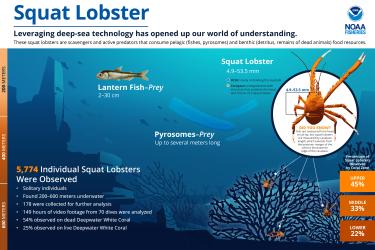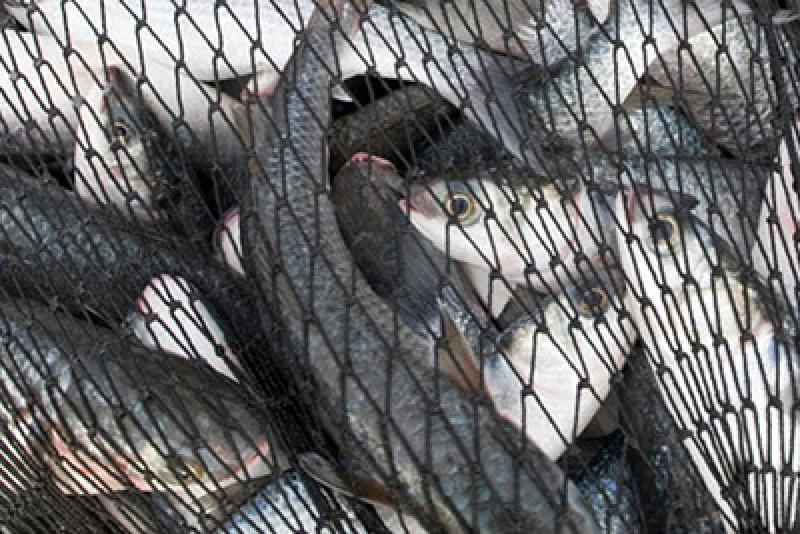As part of its overall efforts to ensure that the U.S. fishing industry isn’t undermined by unsustainable or illegal activities, NOAA submitted its 2013 Biennial Report to Congress on January 11, 2013. The report identified 10 nations whose fishing vessels engaged in illegal, unreported, and unregulated fishing in 2011 or 2012. The report also identified nations that had ineffective measures to prevent the unintended catch of protected species in 2012.
“NOAA’s international fisheries work is critical to the economic viability of U.S. fishing communities and the protection of U.S. jobs,” said Russell Smith, NOAA deputy assistant secretary for international fisheries. “This is about leveling the playing field for fishermen around the world, and IUU fishing represents one of the biggest threats to the U.S. fishing industry. Seafood is a global business, and U.S. fishermen following the rules should not have to compete with those using illegal or unsustainable fishing practices.”
The United States will soon start consultations with each of the 10 nations—Colombia, Ecuador, Ghana, Italy, Mexico, Panama, the Republic of Korea, Spain, Tanzania, and Venezuela—to encourage them to address their fishermen’s IUU fishing and bycatch.
All 10 nations identified in this year’s report had vessels that did not comply in 2011 and/or 2012 with conservation and management measures required under a regional fishery management organization to which the United States is a party. The report also identified Mexico for ineffectively managing bycatch of North Pacific loggerhead sea turtles, which travel between Japan and Mexico through Hawaiian waters and are endangered under the U.S. Endangered Species Act.
“As one of the largest importers of seafood in the world, the United States has a global responsibility and an economic duty to ensure that the fish we import is caught sustainably and legally,” said Sam Rauch, deputy assistant administrator for NOAA Fisheries. “We look forward to working with these nations to encourage their compliance, and we will continue to work with our partners to detect and combat illegal practices.”
If a nation fails to take appropriate action to address the instances of illegal fishing or bycatch activities described in the report, the United States may deny entry of that nation’s fishing vessels into U.S. ports and prohibit imports of certain fish or fish products from that nation.
Today’s report is a requirement of the High Seas Driftnet Fishing Moratorium Protection Act, as amended by the Magnuson-Stevens Fishery Conservation and Management Reauthorization Act and the Shark Conservation Act.
Shark/IUU Fishing Final Rule
NOAA also issued final regulations to implement the international provisions of the Shark Conservation Act. These regulations specify the procedures for identifying and certifying nations whose vessels catch sharks on the high seas. They also amend the definition of IUU fishing to help ensure a comprehensive approach to addressing unsustainable fisheries activities of greatest concern to the United States.
Six Previously Identified Nations Take Corrective Actions
All six of the nations identified in the previous 2011 Biennial Report to Congress (Colombia, Ecuador, Italy, Panama, Portugal, and Venezuela) have addressed their former IUU fishing activities and received positive certifications. These nations took strong actions such as sanctioning vessels, adopting or amending laws and regulations, or improving monitoring and enforcement. A nation that has been positively certified is still subject to ongoing review and may be listed again for IUU fishing if new issues are identified.

